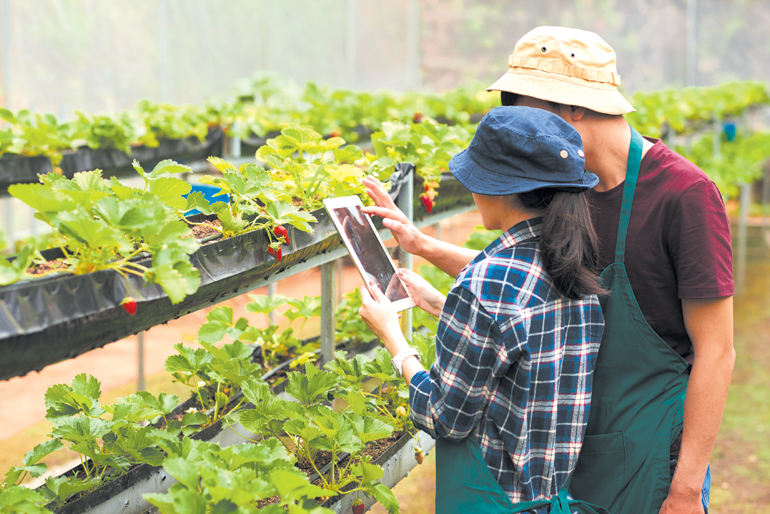Cooperatives call for amendments to clarify tax exemption rules

THE Cooperative Code of the Philippines needs to be amended to clarify the industry’s tax-exempt status, the Philippine Chamber of Cooperative, Inc. (Co-op Chamber) said.
“The law was put up 15 years ago and the basis was the economic situation of the Philippines then. It is now time for it to be amended,” Co-op Chamber Board Member Alexander B. Raquero said at the launch of the chamber on Wednesday.
Established on July 24, the chamber seeks to lobby for regulation that will help cooperative enterprises thrive and help its members achieve their business goals.
“The Co-op Chamber wants to institute some of these amendments specifically on tax exemptions. We would like to pursue, maintain and sustain that … because we are the only one (serving) the unbanked groups in the countryside and even in the cities,” Mr. Raquero said.
Under the Philippine Cooperative Code of 2008, registered cooperatives which do not transact with non-cooperative members or the general public are not subject to tax.
“We want the law to be simplified and clarified because it is still open to interpretation. That is why most cooperatives right now are being audited by the Bureau of Internal Revenue (BIR) and some are even taxed,” Mr. Raquero said.
“The law states that as long as we transact with our members, we are tax-exempt… but we are still subjected to very specific taxes,” he added.
He said cooperatives want the law to be simplified along the lines of the exemptions for religious groups, which are not made to meet the same kind of conditions before being deemed eligible.
“The Philippine Constitution says that religious groups are tax-exempt without requiring them to pass anything. For cooperatives, there are a lot of requirements. Before we are recognized as tax-exempt, we need to submit papers to the BIR which will then issue us a certificate of tax exemption,” he added.
Mr. Raquero said that cooperatives want transactions with non-members to also be tax-exempt.
He added that the lending assistance to the industry needs to expand, saying that cooperatives can play a role in achieving food security.
“Lending assistance should be increased for our farmers and fisherfolk,” he said.
The launch of the chamber is a call to action to address the challenges of poverty, inequality and discrimination, according to Co-op Chamber Founder Noel D. Raboy.
“(Our) mission is to empower organizations fostering a culture of solidarity, advocacy, education and networking within the cooperative community,” said Mr. Raboy.
The chamber advocates for skill-enhancing programs, creating networking opportunities for members, facilitating trade missions, and providing business development support.
“The chamber also seeks to secure grants and donations and to represent the cooperative industry’s interests to government agencies,” Mr. Raboy said. — Justine Irish D. Tabile



